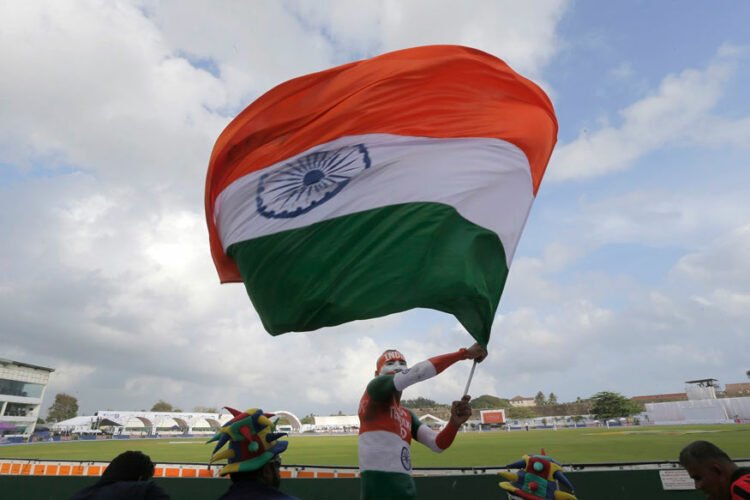The concept of ‘One Nation, One Election’ has been a topic of extensive debate and discussion in India. The idea envisages a synchronized electoral process where elections to the Lok Sabha (House of the People) and State Legislative Assemblies are held simultaneously. This notion is not new to Indian democracy; it was the norm until 1967.
The recent resolution by the Ministry of Law and Justice, dated 2nd September 2023, marks a significant step towards revisiting and potentially revitalizing this concept.
Historical Context and Rationale
Breaking the Cycle: From Synchronization to Fragmentation
From 1951-52 to 1967, India experienced simultaneous elections. However, this cycle was disrupted, leading to staggered elections. This fragmentation has resulted in increased government expenditure, diversion of resources, and prolonged engagement of security forces and electoral officers, often affecting their primary duties. Moreover, the extended imposition of the Model Code of Conduct has frequently hindered developmental activities.
Advocacy by Law Commission and Parliamentary Committees
The Law Commission of India, in its 170th Report, strongly advocated for reverting to simultaneous elections. It emphasized that holding separate elections should be the exception, not the rule. Similarly, the 79th Report of the Parliamentary Standing Committee on Personnel, Public Grievances, Law, and Justice, submitted in December 2015, explored the feasibility of this concept and suggested a phased approach.
The Resolution for Simultaneous Elections
Constituting the High-Level Committee (HLC)
The Government of India, recognizing the national interest served by simultaneous elections, has formed a High-Level Committee (HLC) to examine and recommend strategies for their implementation. The HLC, comprising eminent personalities like former President Shri Ram Nath Kovind and other distinguished members, is a testament to the seriousness with which the government views this initiative.
Terms of Reference and Objectives
Comprehensive Examination and Recommendations
The HLC’s mandate includes examining the existing constitutional and legal frameworks to accommodate simultaneous elections to the Lok Sabha, State Assemblies, Municipalities, and Panchayats. This involves suggesting specific amendments to the Constitution, Representation of the People Acts (1950 and 1951), and other relevant laws.
Addressing Constitutional Amendments and Ratification
A critical aspect of the HLC’s function is to analyze the need for constitutional amendments and their subsequent ratification by the States. This step is crucial to ensure that the proposed changes align with the federal structure of the Indian polity.
Solutions for Potential Challenges
The HLC is tasked with recommending solutions for scenarios like hung assemblies, no-confidence motions, defections, or other events that could disrupt the synchronized election cycle. This foresight is essential to maintain the continuity and stability of governance.
Logistical and Technological Aspects
Understanding the logistical and technological requirements, such as Electronic Voting Machines (EVMs), Voter Verifiable Paper Audit Trails (VVPATs), and a unified electoral roll, forms a significant part of the HLC’s responsibilities. These aspects are critical for the smooth conduct of simultaneous elections.
Functioning and Support for the HLC
Procedural Autonomy and Resource Allocation
The HLC has the autonomy to decide its procedural functioning, ensuring flexibility and efficiency in its operations. The Legislative Department of the Ministry of Law and Justice provides necessary office space, secretarial assistance, and logistical support, underlining the government’s commitment to this initiative.
A Step Towards Electoral Efficiency
The HLC’s comprehensive mandate, ranging from legal amendments to logistical preparedness, reflects a holistic approach to this ambitious project. As the committee commences its work, the nation watches with anticipation, hoping for a transformative change in its electoral landscape.
(India CSR)







